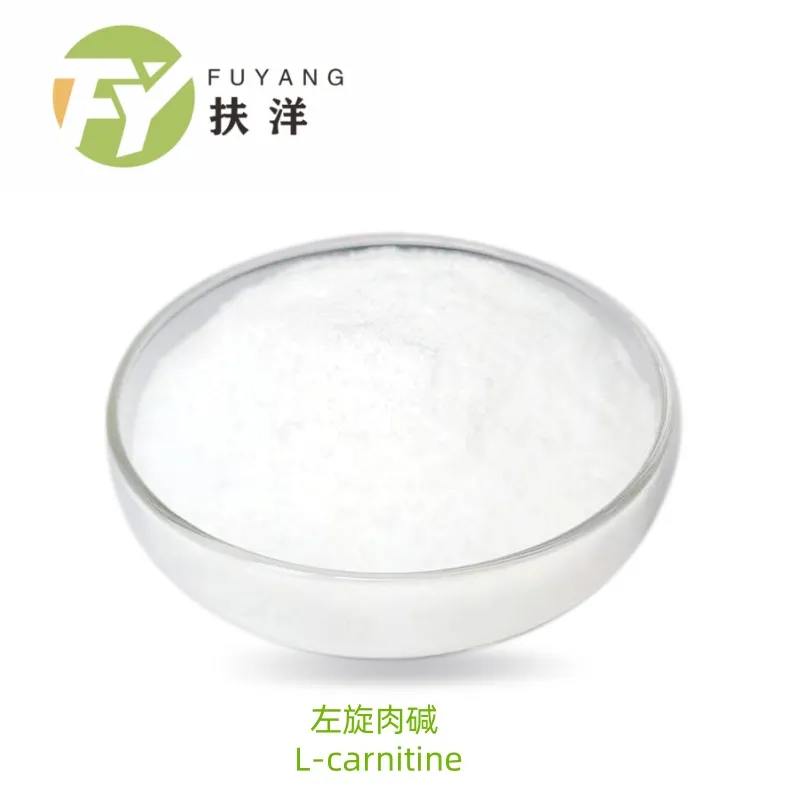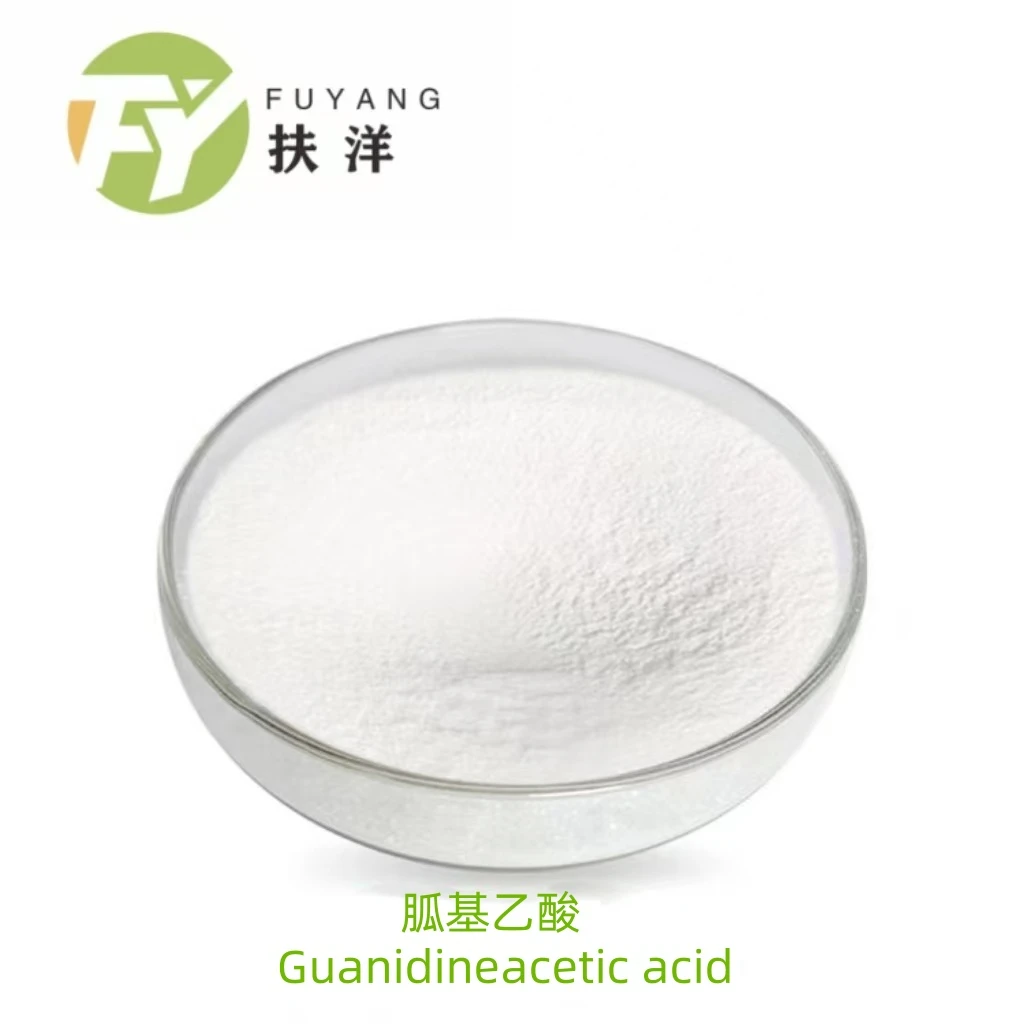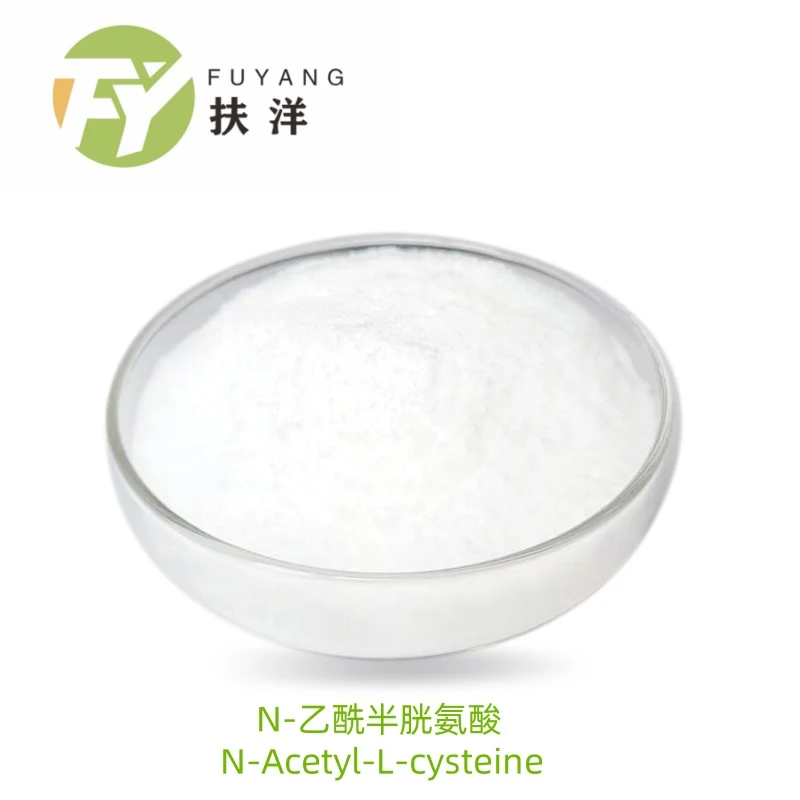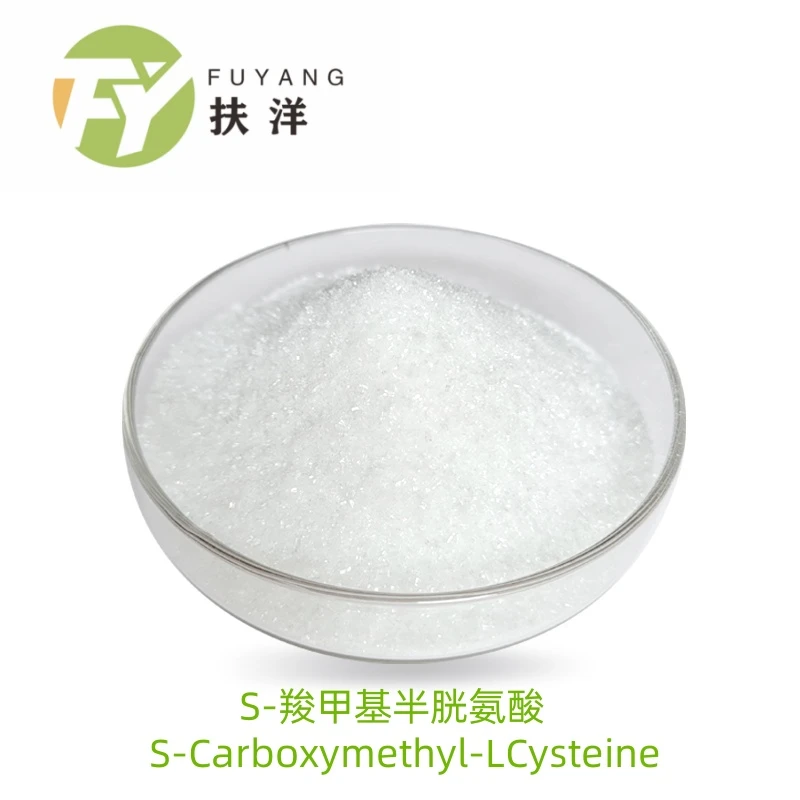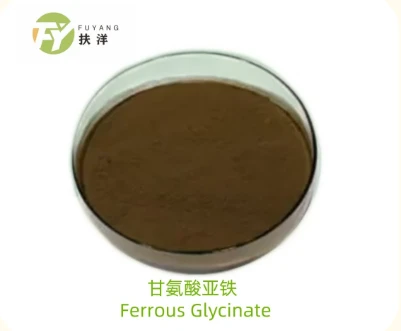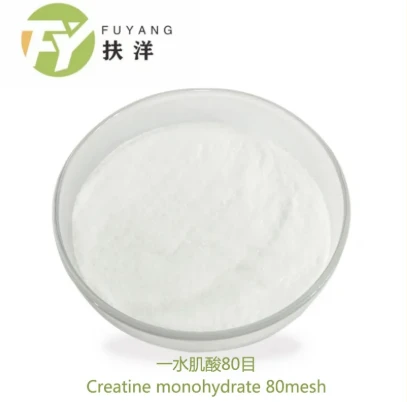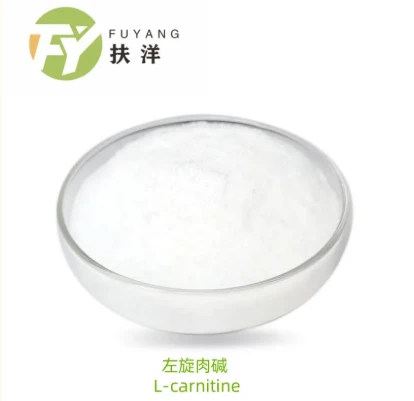- Afrikaans
- Albanian
- Amharic
- Arabic
- Armenian
- Azerbaijani
- Basque
- Belarusian
- Bengali
- Bosnian
- Bulgarian
- Catalan
- Cebuano
- Corsican
- Croatian
- Czech
- Danish
- Dutch
- English
- Esperanto
- Estonian
- Finnish
- French
- Frisian
- Galician
- Georgian
- German
- Greek
- Gujarati
- Haitian Creole
- hausa
- hawaiian
- Hebrew
- Hindi
- Miao
- Hungarian
- Icelandic
- igbo
- Indonesian
- irish
- Italian
- Japanese
- Javanese
- Kannada
- kazakh
- Khmer
- Rwandese
- Korean
- Kurdish
- Kyrgyz
- Lao
- Latin
- Latvian
- Lithuanian
- Luxembourgish
- Macedonian
- Malgashi
- Malay
- Malayalam
- Maltese
- Maori
- Marathi
- Mongolian
- Myanmar
- Nepali
- Norwegian
- Norwegian
- Occitan
- Pashto
- Persian
- Polish
- Portuguese
- Punjabi
- Romanian
- Russian
- Samoan
- Scottish Gaelic
- Serbian
- Sesotho
- Shona
- Sindhi
- Sinhala
- Slovak
- Slovenian
- Somali
- Spanish
- Sundanese
- Swahili
- Swedish
- Tagalog
- Tajik
- Tamil
- Tatar
- Telugu
- Thai
- Turkish
- Turkmen
- Ukrainian
- Urdu
- Uighur
- Uzbek
- Vietnamese
- Welsh
- Bantu
- Yiddish
- Yoruba
Chemical Formula: C₇H₁₅NO₃
Chemical Name: (R)-3-Carboxy-2-hydroxy-N,N,N-trimethylpropanaminium hydroxide inner salt
Appearance: White or off-white crystalline powder
Product Advantages:Utilizing precision-controlled purification and refining processes, this product yields a nutritional enhancer with superior physiological activity. It functions as a carrier to transport long-chain fatty acids across cell membranes into mitochondria for oxidation and breakdown, thereby enhancing fat catabolism, reducing glycogen consumption, and increasing the oxidation rate of fats to meet the body's energy demands.
| Specification | L-Carnitine Content | Specific Rotation [α]ᴅ²⁰ | pH | Loss on Drying | Residue on Ignition | Heavy Metals (Pb) | Total Arsenic (As) |
| 98% | 97.0~103.0% | -29~-32° | 6.5~8.5 | ≤4.0% | ≤0.5% | ≤10 ppm | ≤2 ppm |
| 50% | ≥50.0% | -14~-17° | 6.5~8.5 | ≤7.0% | ≤45% | ≤10 ppm | ≤2 ppm |
Note: Complies with GB 34461-2017 "National Standard for Feed Additive L-Carnitine".
■ Optimal transporter for long-chain fatty acids across cell membranes into mitochondria, promoting lipid metabolic balance.
■ Enhances β-oxidation and regulates the acyl-CoA/CoA ratio within mitochondria.
■ Improves reproductive performance in male livestock and poultry.
■ Alleviates stress, enhances stamina, and accelerates fatigue recovery.
■ Boosts growth rate in aquatic animals and reduces feed conversion ratio (FCR).
| Animal Species | Swine | Poultry | Fish |
| Addition Level | 30-500 | 50-150 | 5-100 |
| (Unit: mg/kg feed) |

